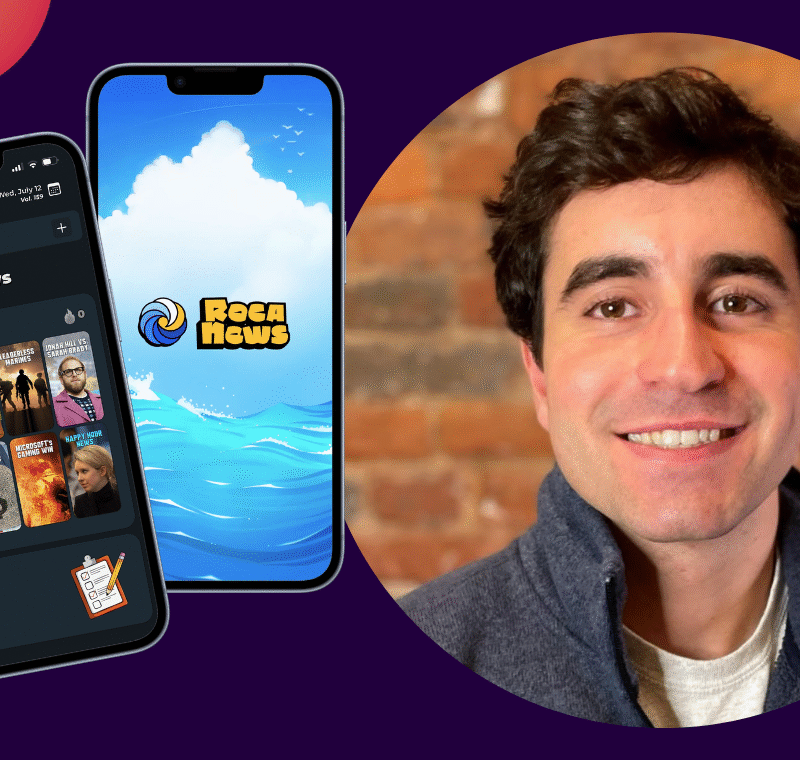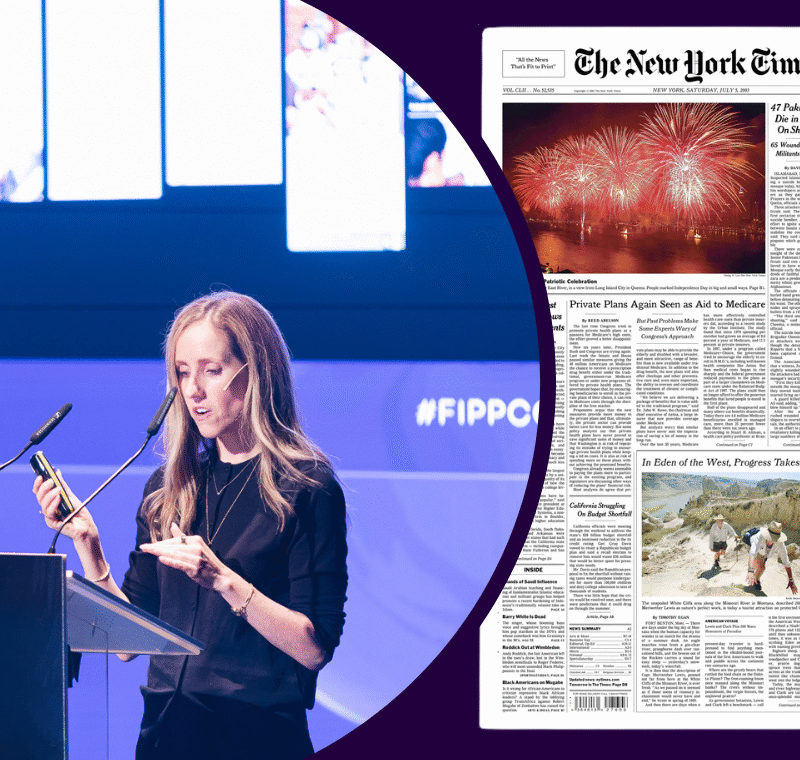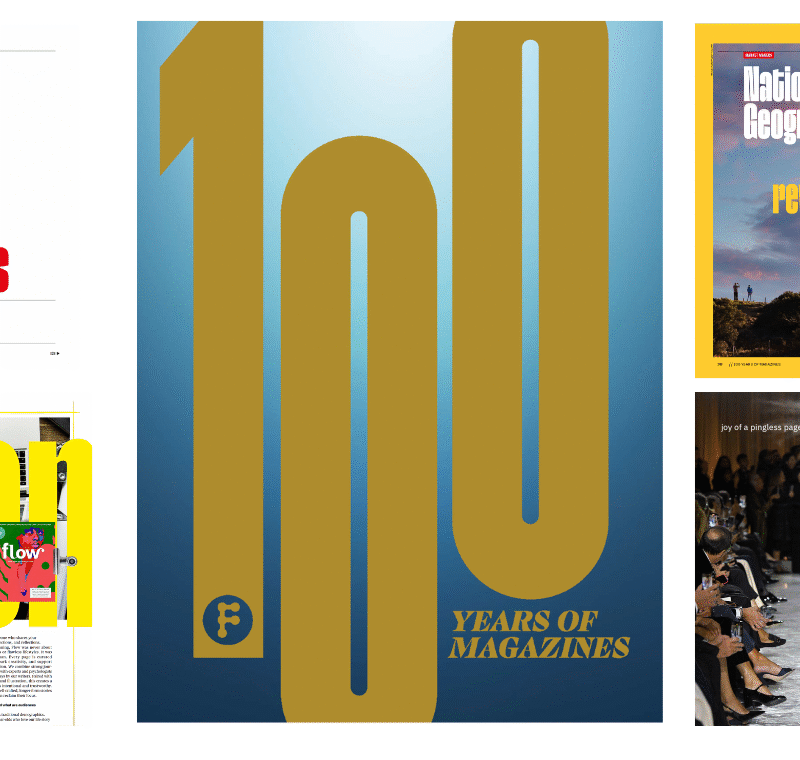The podcast revolution, explained
In the beginning, Bowers explained, a lot of people went to YouTube for their video and audio. Then Netflix came along and revolutionised it – unlike YouTube, which is always a mixed bag, Netflix hosted high-quality content only, and behind a paywall. This became the standard of what on-demand media should be.

Come 2008, despite listener numbers continuing to grow, headlines such as ‘Is podcasting dead?’ appeared – and podcasting was largely regarded as being on the way out.
The podcast revival
Yet in an astonishing and unexpected resurrection, podcast listening grew again between 2006 and 2009. In 2014, publishers were already sensing something was changing, with Apple introducing the native podcasting app on iOS, meaning it was downloaded automatically on Apple devices and couldn’t be deleted.
Then, Bowers said, came Serial. Attracting hundreds of millions of listeners around the globe, this podcasting phenomenon – which started out as an experiment by journalist Sarah Koenig in October 2014 – is justifiably credited with renewing interest in the podcast. Remarkably, the figure now stands at 98 million Americans who’ve tried out listening to podcasts, with monthly listeners at 57 million.
Since then, podcasting has attracted new advertisers, who now see it as a viable medium through which to reach people. Bowers outlined his view on the revolution: every year, it gets a little easier to listen to podcasts – research shows people rarely stop listening to them once they’ve started, and now that the tech has caught up (apps, mobile devices), it’s a very convenient way to listen. What’s more, podcasts offer content you can’t get on the radio – and people want the convenience of choosing when to listen rather than waiting for a scheduled show.
Where Slate comes in
Bowers then explained where Slate – and Panoply – fit into the picture. Early on the scene, Slate launched its first podcasts back in 2005, with 15 shows on the go. With the rise in podcasting competitors, they decided to start Panoply just last year in 2015, which would enable others to take advantage of their decade’s worth of expertise and experience.
With Panoply, the Slate podcasting team approaches magazines, brands, and bestselling authors and offers their expertise to sell ads for them, cross-network and more, and almost everyone has been keen to sign up. The idea that the Slate expertise is up for grabs has proven to be a good strategy, Bowers explained.
So why is podcasting so good?
Bowers summarised by answering this question. First of all, he emphasised that podcasts attract and keep a hugely engaged audience – much more so than anything else on the internet. People feel that they’re part of a club, and we can see this reflected in their passion for the hosts and the shows they listen to. Live versions of podcasts can be great fun, and thousands of people have come to Slate’s.
What’s more, Bowers added, podcasts are the perfect modern medium because they’re mobile first – you can multitask while listening in the way you cannot with video and text. Thirdly, podcasts are fun! It’s rewarding work for almost everyone involved, and this is reflected in real loyalty from listeners.
Monetising podcasts might sound difficult, but most podcasters will use a tried-and-tested “Freemium” model which works extremely well. With this option, Bowers explained, there is a free version of the podcast which contains adverts, and a premium, ad-free version for which there is a paywall. Most advertisers provide a promo discount code, so it’s possible to easily track how many people are choosing to buy. What also seems to work well is the fact that ads tend to be read by the host of the programme itself, a couple of times per episode (beginning, middle, end), the way they used to on old-fashioned radio in the US. The advantage of this type of ad is that it appears more integrated, and often users will be happy to listen because they trust the voice of the host.
To illustrate just how well this works, Bowers showed some screenshots of podcast listeners tweeting their support for their favourite podcasts by buying the advertised products. It demonstrates people’s passion and commitment – and that’s something we should all strive to bring about.
More like this
Podcasting embraces native advertising
Sit up and listen: Podcasting is the disruptive force in the mediasphere









